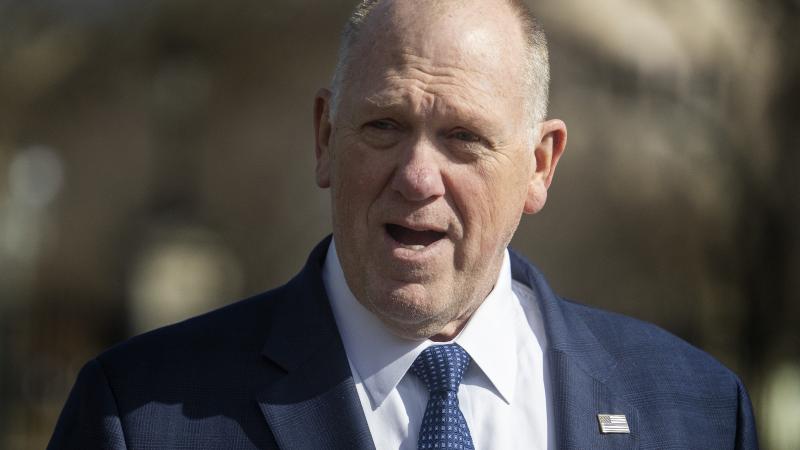Federal judge temporarily blocks Seattle's ban on police riot control measures
The ban may violate a longstanding joint federal-city agreement.
A federal judge on Friday night blocked the Seattle City Council's ban on the police use of numerous forms of nonlethal riot control, with the jurist claiming that the public may face "irreparable harm" from the provision and that it also might violate an eight-year-old joint agreement between the city and the federal government.
The city council in June voted unanimously to forbid local police from using pepper spray, teargas and other forms of nonlethal crowd control to deal with riots and violent crowds within the city limits. Activists claimed last month that police officers had used those methods to violently assault peaceful protesters within the city.
Yet U.S. District Judge James Robart on Friday temporarily halted the implementation of that rule, granting a Justice Department request to delay the new regulations until legalities surrounding it could be worked out. Protests and demonstrations are expected in Seattle throughout the weekend.
"If the Directive is permitted to take effect on July 25, 2020," Robart wrote in the ruling, "the United States and the public are likely to suffer irreparable harm resulting from officer confusion and the inability to modulate force or de-escalate situations in which force may be needed."
"Further, if these changes proceed under the usual course of policy review and approval, they are likely to be found to violate the Consent Decree," Robart continued, referencing an eight-year-old agreement between the federal government and Seattle. That settlement was reached between the two authorities in 2012 after the Justice Department determined that Seattle police regularly used excessive force against residents.
The decree stipulates what kinds of force and tactics Seattle police can use during the course of discharging their duties. The federal government had argued that the recent city council rule would violate that agreement by avoiding the review process required if either party wants to alter the decree.
There is "no city ordinance exception to the terms of the Consent Decree," Robart wrote in his decision.
On Friday night, Robart emphasized that the temporary restraining order would be "very temporary," urging the relevant parties to "use [the ruling] as an occasion to try to find out where it is we are and where it is we’re going."
Robart had earlier in the week ruled against a municipal attempt to halt the rule's implementation, stating that city officials' arguments failed to meet the legal burden necessary to issue a restraining order.
Prior to Robart's ruling on Friday, Seattle Police Chief Carmen Best had written a letter to city residents claiming that the city council's rule, if implemented, would give police officers "no ability to safely intercede to preserve property in the midst of a large, violent crowd."
Best said that, under the rule, police would be following an "adjustment deployment" routine, implying that law enforcement would be less available to city residents in the event of an emergency.















